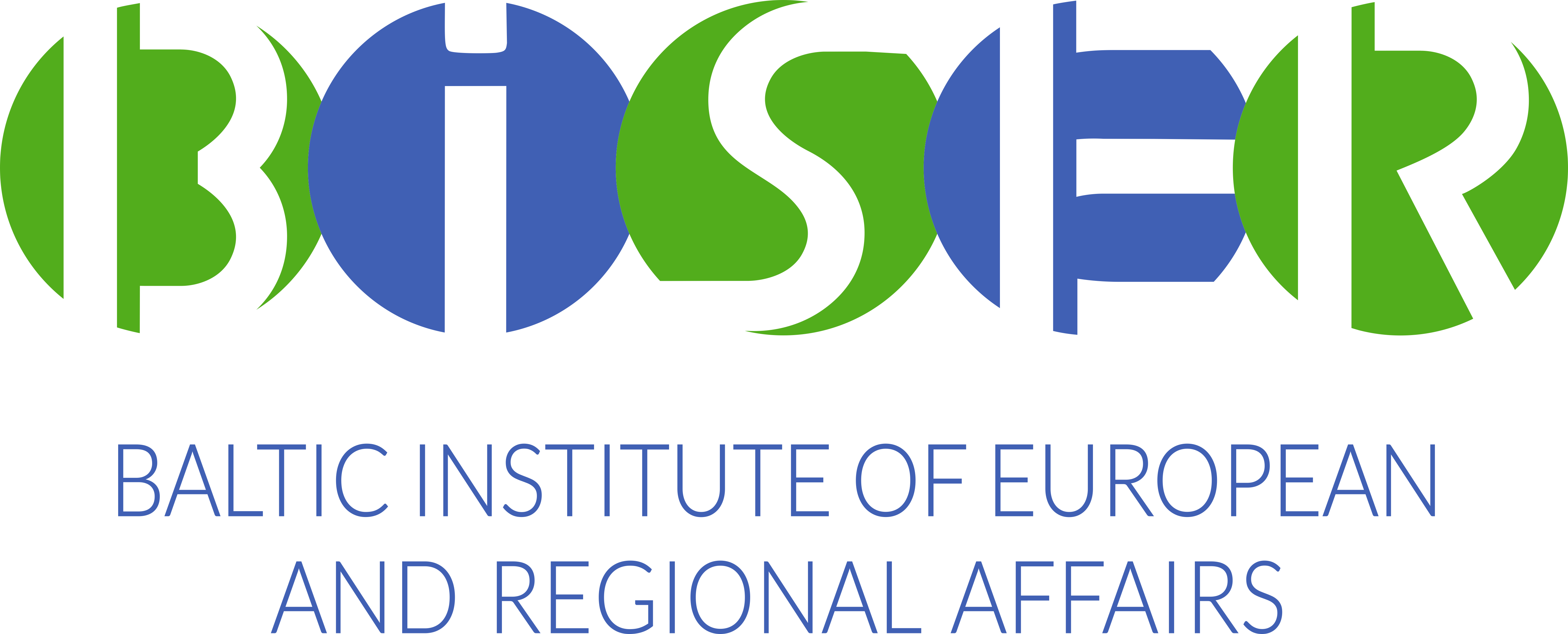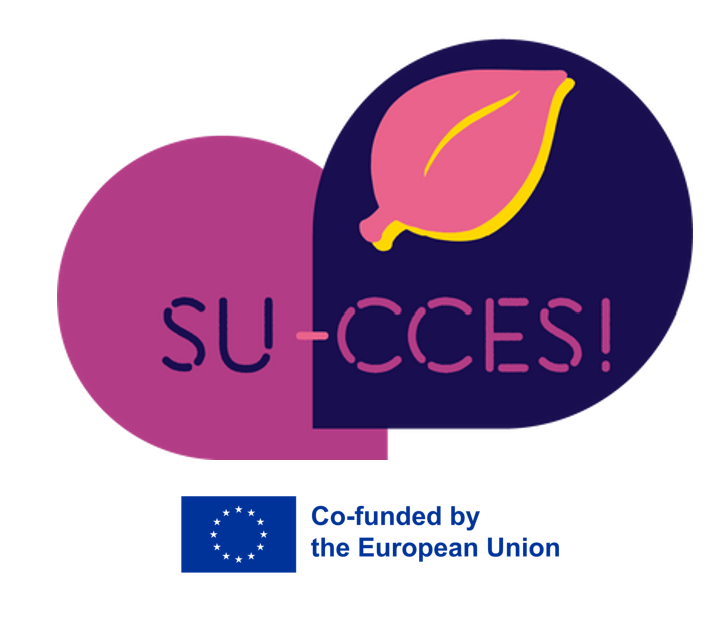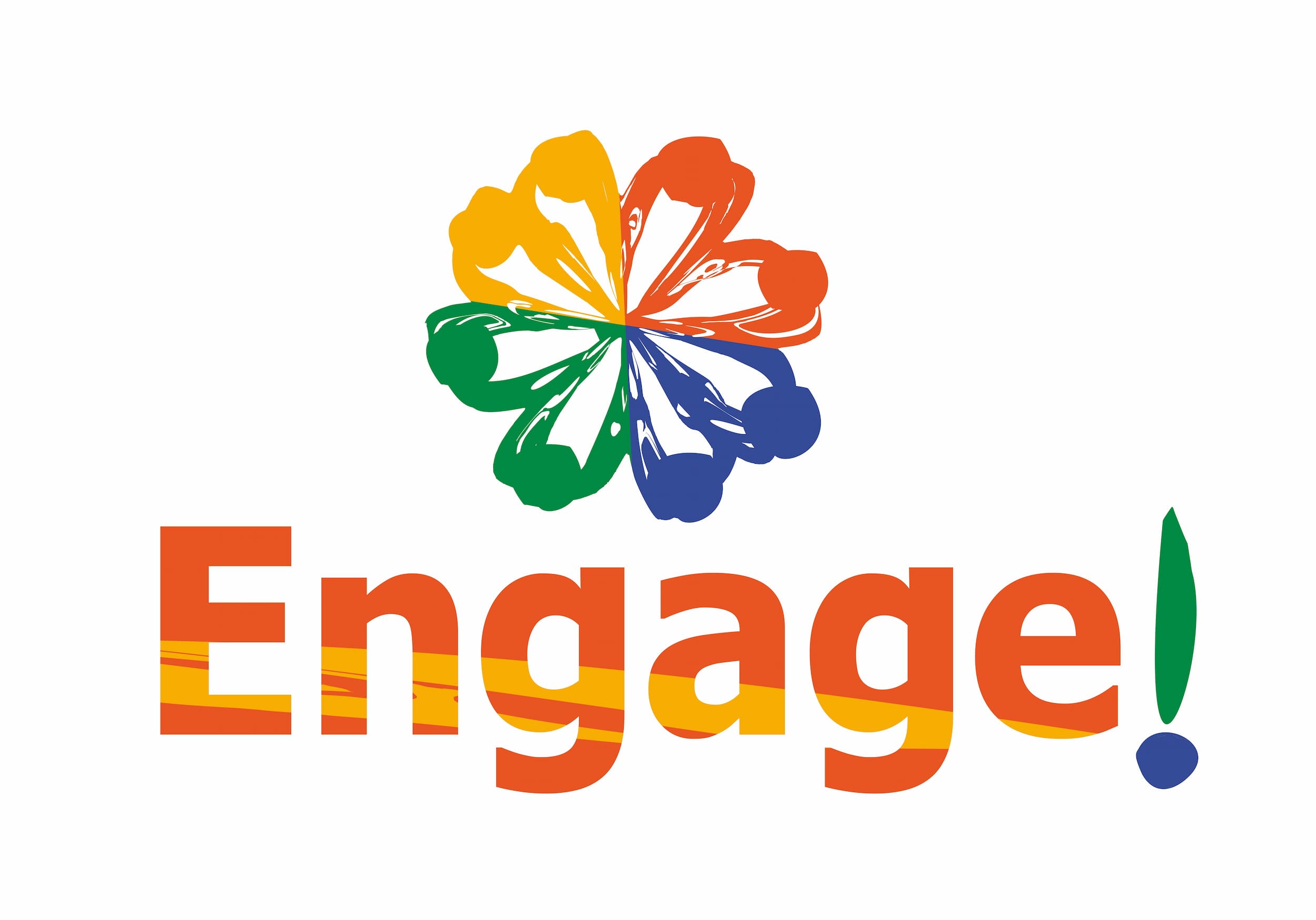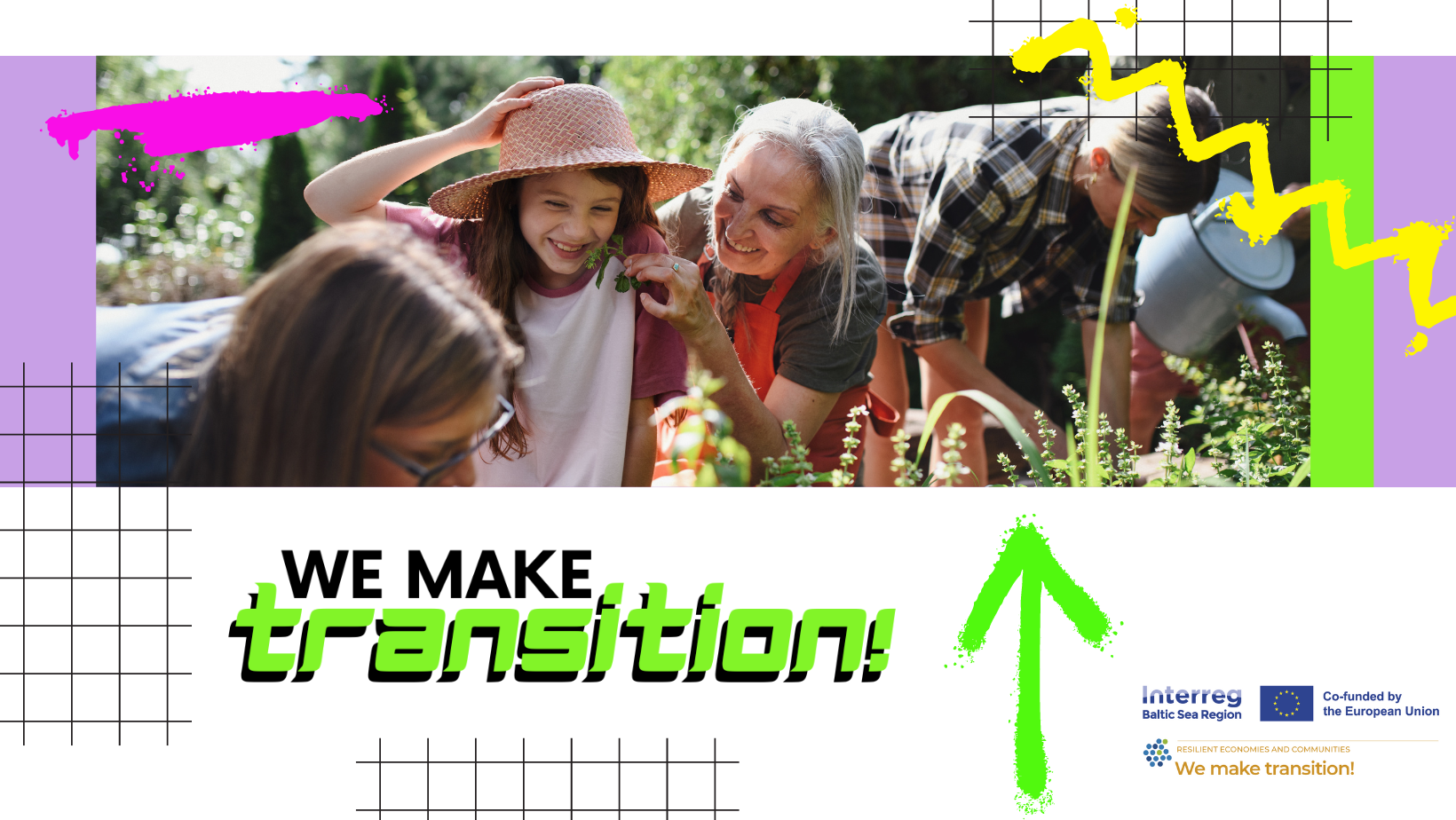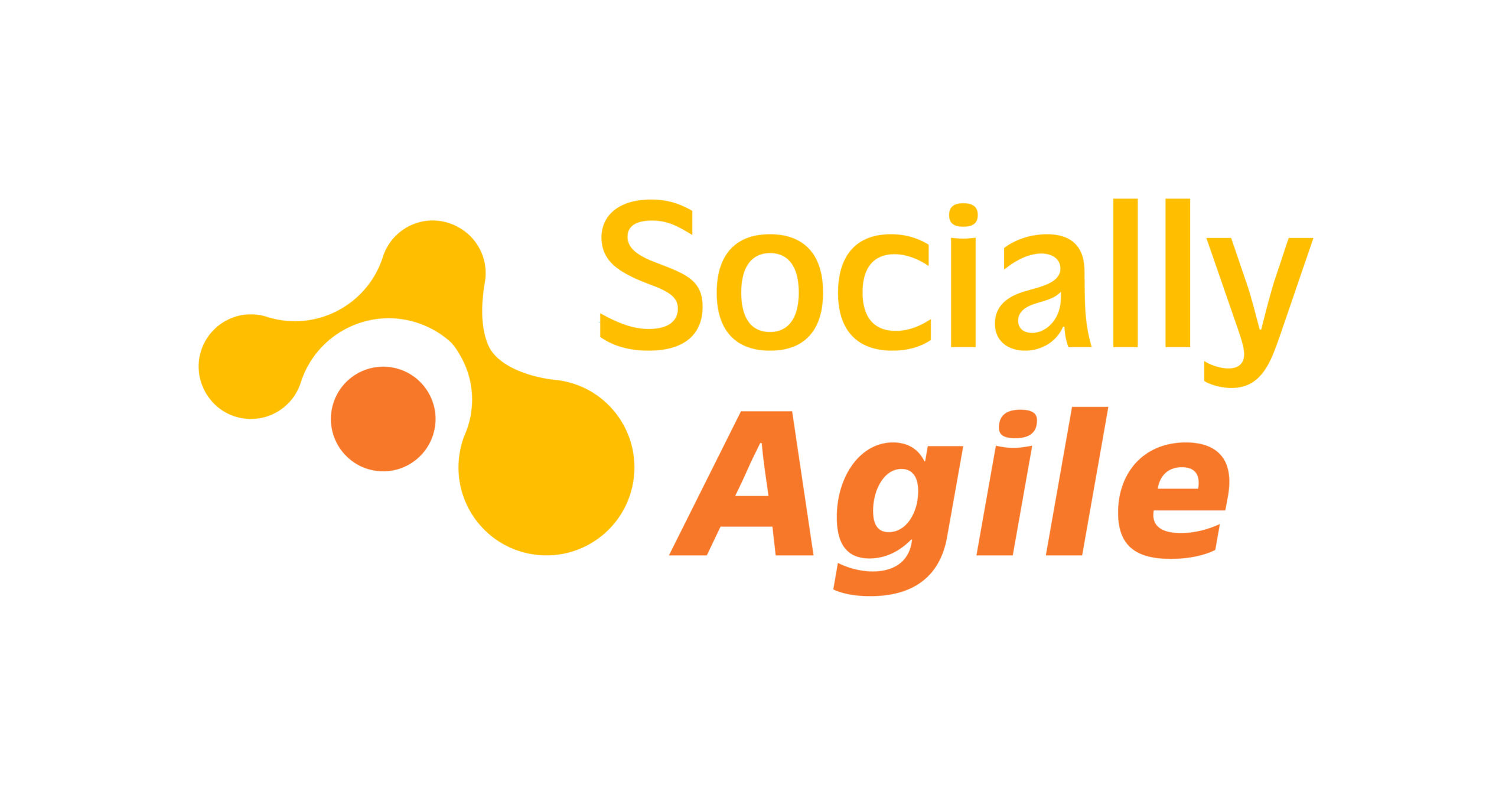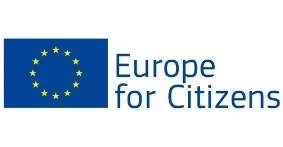27/10/2017 symposium in O4 Coworking – Olivia Business Center, Gdańsk, Poland

SOCIAL ENTREPRENEURSHIP – AIM OF THE SYMPOSIUM
Social entrepreneurship involves a focus on new solutions in social relations. It also means the natural socialization of entrepreneurship, which gears towards creative solutions in business. Common to both types of entrepreneurship is the vision, passion and reap considerable satisfaction with the implementation of their ideas, new solutions. An important objective of the Symposium was jointly searching for answers to the question – what conditions must be met to strengthen the development of social entrepreneurship of youth? We adopted as the motto of the symposium declare that the ingenuity and courage in business preceded by the practice of social entrepreneurship in school
SYMPOSIUM INITIATORS
The idea of the broad support of social entrepreneurship of young people living in many circles Pomeranian social workers materialized in cooperation with the Baltic Institute of European Affairs and Regional (BISER), Regional Center of Information and Support for Non-Governmental Organizations (FC Foundation), Olivia Business Center (in the person of owner – Maciej Grabski) and Senator Antoni Szymanski. One of the sponsors was the Pomeranian Special Economic Zone. The symposium took place at the O4 COWORKING space, located in the Olivia Business Centre in Gdańsk, Poland. Symposium participants were mostly teachers of entrepreneurship, academia representatives, educational organizations and non-governmental institutions and employers. All together, 80 people attended the meeting.
SYMPOSIUM AGENDA
The symposium consisted of three parts.
In the first part two teams from the secondary school No. I and XX from Gdansk prepared an exciting Oxford debate with the thesis: “Polish youth does not have the entrepreneurship gene.” The debate was inspired and prepared by the Mikcoacademy Association and the students, on both positive and affirmative side were well prepared and gave an interesting insight into the entrepreneurship education and entrepreneurial skills among youth.
The second part of the symposium started with the panel debate, which was attended by four experts: PhD Magda Leszczyna- Rzucidło (President of the Baltic Institute of European and Regional Concern BISER); Maciej Grabski (President of Olivia Business Center), Adam Niemkiewicz (President of the Morena Association and Head of the Youth Fund) and Maciej Winiarek (President of the Board of Thinking Zone Foundation, also Director of TOCFE Poland). Prof. Witold Toczyski from BISER moderated the debate. It is worth quoting some of the thoughts raised in the debate:
– young people entering the working age extremely important are the ideals of sharing, social solidarity, which should do satisfactory work, the work of happy people;
– the education system in the country offers favorable conditions for making individual initiatives; economic and social work and initiatives are often burdened with some risk and lack of support;
– there is a low level of cooperation between the schools and the business practitioners; there are also positive examples of situations where student visit their parent’s companies to see how they work;
– entrepreneurship education in primary schools is under-appreciated; schools could encourage kids to work with others: a neighbor, colleagues, family or school.
In the third part of the symposium, Open Space debate on four tables started. The questions sought to determine the tasks and ways of cooperation between educators of youth social entrepreneurship and their idea of how the Educators Club should look like. Th most important and most common view was that:
- It is crucial to creating a platform for exchanging experiences and contacts,
- There should be regular and cyclical nature of the meetings,
- Club should create opportunities for meetings of students particularly active in the field of entrepreneurship,
- Club could organize public debate on educational standards of entrepreneurship in schools,
- Key thing is the development of the Pomeranian Bank for Information and Knowledge on youth entrepreneurship,
- Club may help in creating a platform for cooperation coaches and mentors of social entrepreneurship,
- Cooperation with employers is necessary,
- Supporting entrepreneurship education at primary school level is necessary,
- The re-birth of the student cooperatives is one of the challenges,
- Club could help to organize study visits to young people in enterprises,
- Club should promote good practices in the entrepreneurship education,
- Mobilization by local self-government of youth social entrepreneurship support funds is necessary,
- It is crucial to review the importance of ethical values, social work system in Poland.

MEMORANDUM
In the materials for the symposium attendees found attached Memorandum, which proposes some measures and recommendations for the new model of entrepreneurship education, employment, and entrepreneurship in general. It also informed about the establishment of the Pomorskie Youth Entrepreneurship Educators Club. The debate and the discussion during the meeting confirmed the postulates it contained.
YOUTH ENTREPRENEURSHIP EDUCATORS CLUB
At the end of the symposium, Martha Moksa from the O4 Coworking proposed to establish the Pomorskie Youth Entrepreneurship Educators Club in the O4 Coworking space. The Club run by the RC Foundation, BISER and other stakeholders active in promoting youth entrepreneurship and social entrepreneurship would meet regularly with the teachers and academia representatives in the premises of O4 in Olivia Business Centre. The place seems to be very fitting, especially because:
- There is an extremely friendly O4 COWORKING space – great for the debates and club meetings;
- It offers possibilities for the youth entrepreneurship and social entrepreneurship community building with mutual inspiration and join activities;
- It is a great meeting place for business practitioners with students, start-ups, and educators.
Prepared by: BISER

